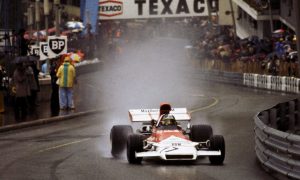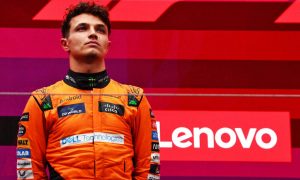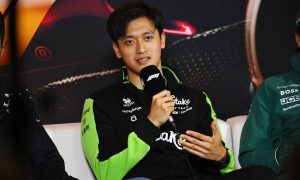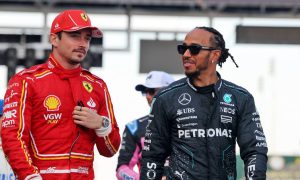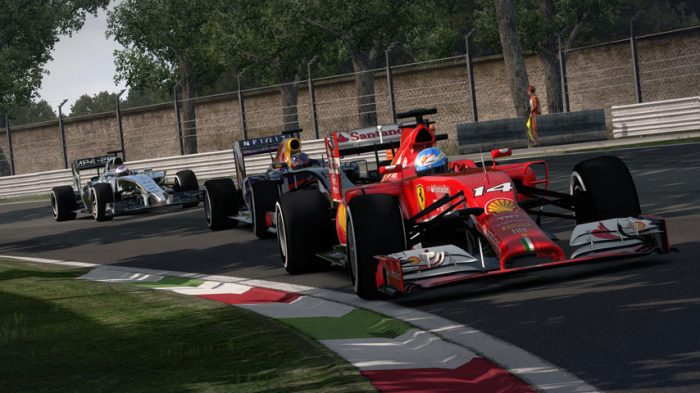
Formula 1 board member Sir Martin Sorrell believes that the "next big thing" in the future of Grand Prix racing could be virtual reality.
The advertising executive and CEO of multinational group WPP offered his views of the sport to Formula1.com, underlining the need for races to become complete entertainment events held globally.
"There is much romanticism about Formula One of the past," he said.
"Today it has to be more of a family sport, not less. It is a fixture in the Sunday afternoon TV programmes.
"What you want to see is a highly competitive sport - and the more equal it is the more exciting it is… the more volatile in the sense of results. If you have just one winner continuously it dulls the enthusiasm.
"It is entertainment and it competes with other entertainments - and not with other racing formats. It competes with people’s time on a weekend. So you have to deliver.
" In that - and that is my personal view - Singapore delivers the most value, as they think about it as a complete entertainment event, on and off track."
But Sorrell also believes the sport must continue to embrace new technologies, lining itself up with the progress and transformation of media. He therefore sees virtual reality as a fantastic potential venue to capitalise on.
"Virtual Reality for Formula One could be fantastic - driving the car! In the Ridley Scott film ‘The Martian’ you can do that. I have lifted off in the space craft from the surface of Mars, walked in space and looked down into deep space and got terrified, with the headphones and the goggles.
"The technology is already incredible and will improve massively in the next few years. Think about what you could do. And there are some - Bernie and others - who are embracing new technologies.
The media guru was full of praise for how current broadcasters cover F1, and their use of technology to enhance the viewers experience.
"When Sky UK started to broadcast there was an argument that audience would come down because it is pay TV.
"But the actual quality of the production and the use of technology and the engagement of the viewer is much better than it ever was. The product is simply better. "
FEATURE: Six races in - 2015 v 2016 comparisons
Alex Wurz: Let's get back to extreme track designs
Keep up to date with all the F1 news via Facebook and Twitter



